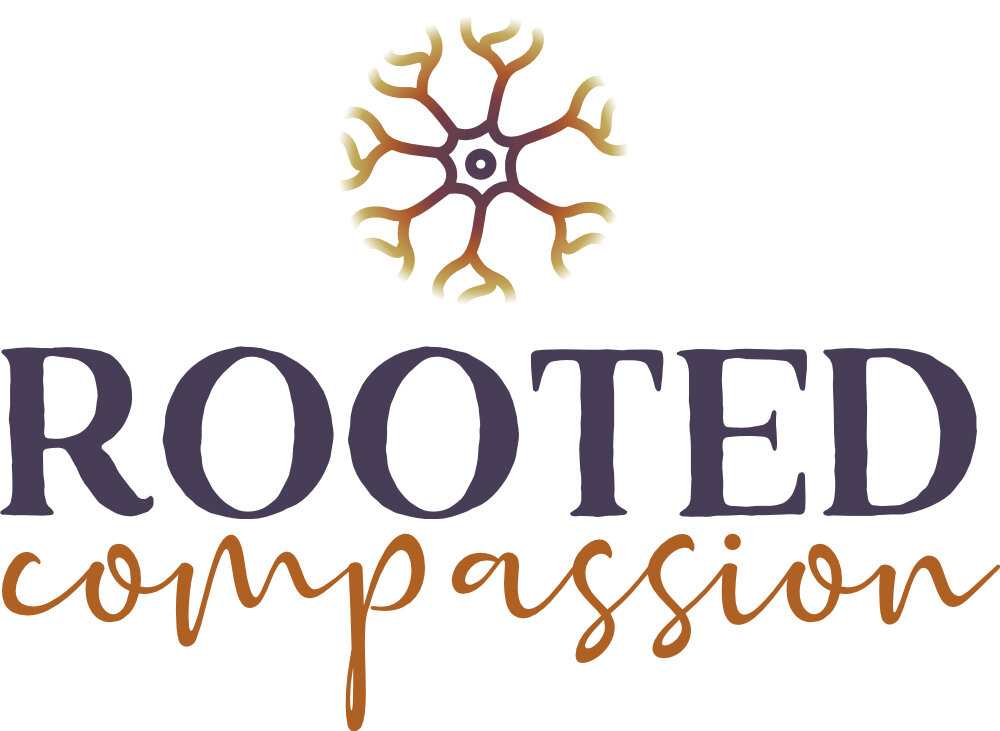Cincinnati Therapist Discusses Cultivating Ventral Vagal Energy Through Daily Regulation Practices
As we awaken to embrace a new day, our autonomic nervous system springs into action. You might ponder, why so early? Well, it's on a mission to scan our surroundings, seeking cues of safety or threat. For some, safety may emanate from the aroma of a freshly brewed cup of coffee awaiting in the kitchen, the reassuring smile of a partner beside you, or a furry friend curled up in bed. Conversely, seeing the clock read 9:00 am when you're supposed to be at work could trigger a threat response, perhaps prompting a frantic dash out the door in slippers (a scenario we're all familiar with!).
When we differentiate between coping skills and regulation skills, a clear distinction emerges. Coping skills are invaluable strategies for surmounting challenges that arise throughout the day, whereas regulation skills not only help overcome challenges but also serve an additional purpose. Regulation skills encompass somatic-based practices, serving as grounding and stabilizing strategies. Allocating intentional time to attune to one's body and set intentions for the day serves as a catalyst for ventral vagal energy. Amidst the stresses the day may bring, creating this conscious moment for reflection allows the body to make room for any sensations or emotions carried within.
"As we anchor ourselves in ventral regulation, we begin to experience greater physical well-being." - Deb Dana, How to Befriend Your Nervous System Using Polyvagal Theory
Our five senses serve as constant messengers, delivering a continuous stream of sensory input. I invite you to grab a pen and paper and dedicate approximately ten minutes to the following exercise. Take a moment to observe your surroundings and hone in on one sense—whether it's the aroma of a scented candle or the hum of a fan. Immerse yourself in this sensory experience. How does it make you feel? How does this sensory input influence your present state? What bodily sensations do you notice? Does this experience evoke any past memories? Grant yourself permission to fully inhabit your space and reflect on these inquiries. Once you've finished writing, stand up. Feel the solid ground beneath your feet, stretch your arms high and wide, allowing your heart to open as you observe. Now, take a deep breath. How do you feel?
There's a profound beauty in creating a nurturing environment for oneself. The above practice exemplifies a regulation exercise that could seamlessly integrate into a morning routine. There exists a plethora of regulation practices to support how your nervous system navigates the day ahead—self-awareness: recognizing and acknowledging the state of your mind and body; self-compassion: embracing how you show up in the present moment; or co-regulation: engaging with individuals who foster a sense of safety.
In her book, How to Befriend Your Nervous System Using Polyvagal Theory, Deb Dana highlights,
"In our evolutionary history, belonging to a tribe was essential for survival. We thrived in groups, finding strength in numbers. Anchored in the safety of ventral regulation, we seek connection and envision opportunities for friendship."
When we traverse life through a ventral vagal state, connection and perceived safety flourish. I urge each of you to take a moment in the morning to inquire what your nervous system requires to feel safe in that moment and gift it to yourself. I'll leave you with this poignant quote from Dr. Stephen Porges:
"How safe we feel is paramount to our physical, mental health, and happiness." - Dr. Stephen Porges, Our Polyvagal World: How Safety and Trauma Change Us
If you are interested in exploring the power of counseling, Kara O’Toole, has immediate openings!
The Rooted Compassion team is made up of a group of counselors who have a variety of specialties in order to best serve our clients. We recognize that every person has his/her own personal and unique life experiences and that one modality will not work for every client. Listed below is a summary of our counselors’ specialties at Rooted Compassion:
Polyvagal Theory/Nervous System Focused Therapy
Trauma Responsive Care Techniques
Grief Counseling
Somatic Focused Counseling
Eye Movement Desensitization and Reprocessing, EMDR
Dialectical Behavior Therapy
Mindfulness-Based Practices
Acceptance and Commitment Therapy
Drama Therapy/Expressive Arts
If you are interested in learning more about what Rooted Compassion is all about, please contact us today, look through our website, or find us on Instagram and Facebook.
Rooted Compassion Counseling is Ohio’s leading practice for trauma therapy through the lens of the nervous system. Our focus is to walk alongside clients as they heal from depression, anxiety, trauma, grief and/or loss. If you or someone you know are seeking to explore and build an inner sense of calm and safety, please contact us today. We would love to help you to find a counselor and counseling techniques that will guide you on your mental health journey to healing.


